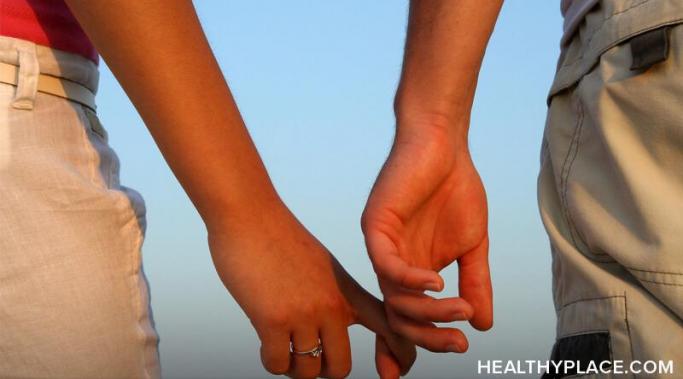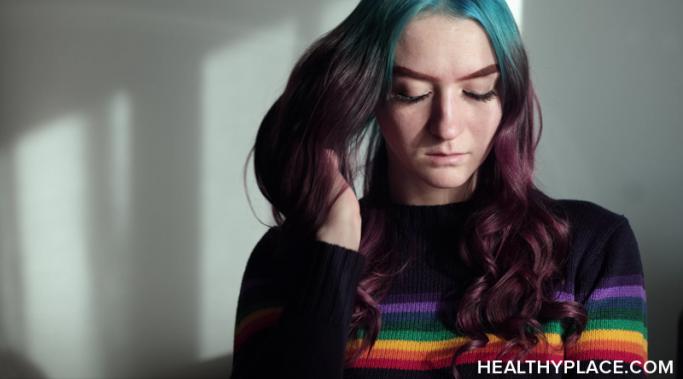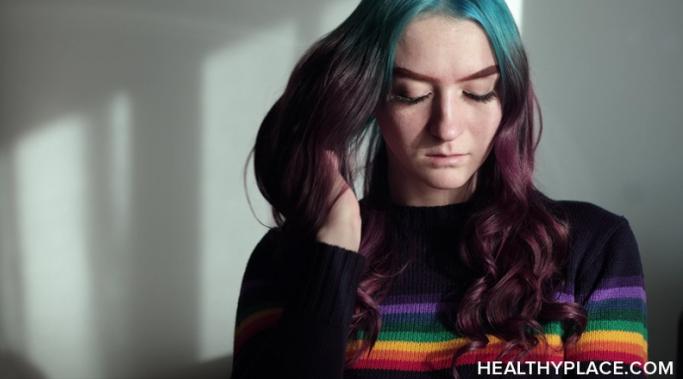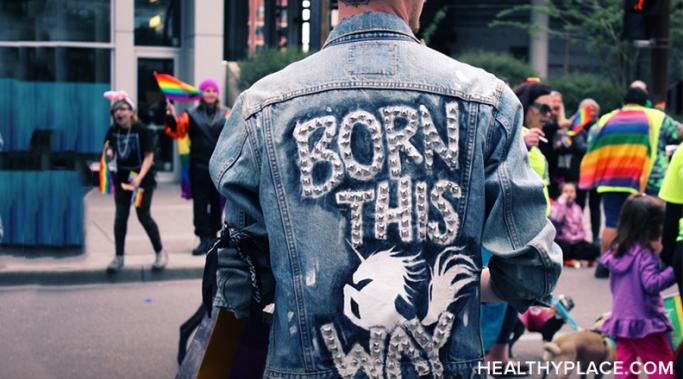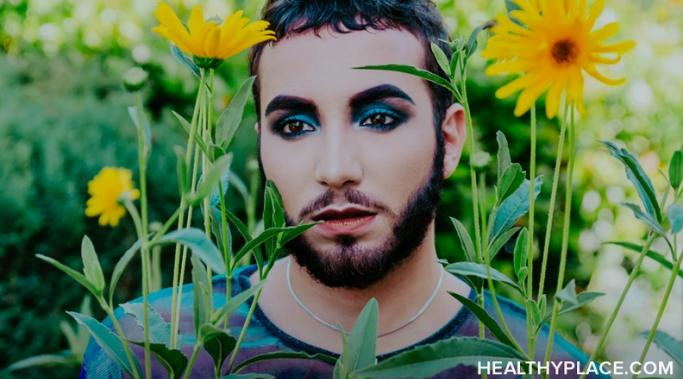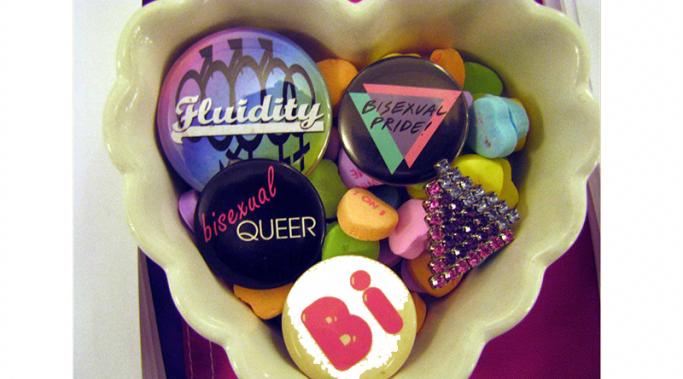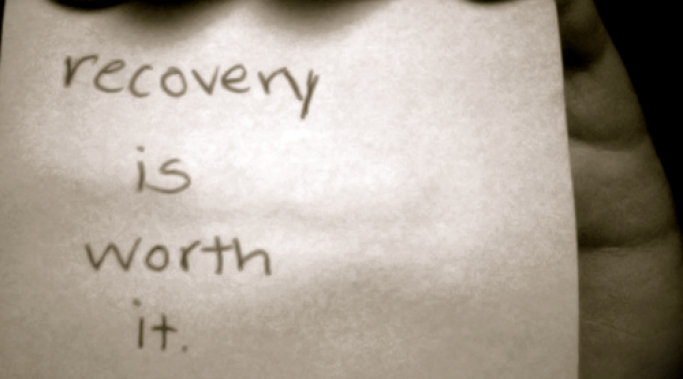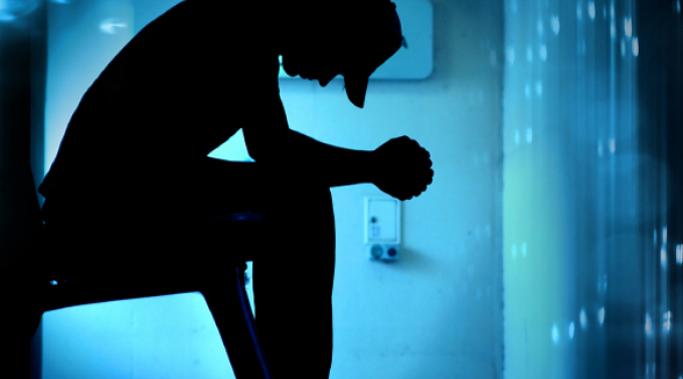I'm demisexual—I'll explain what that is. The first sign that I was on the asexual spectrum was back when I was in middle school. I remember driving in the car with my mom getting annoyed as I listened to the radio. Every song was about sex, love, or drugs. I didn't understand why the themes for music were so narrow. People could sing about anything, yet they would always sing about the same old things. I off-handedly said, "Why is every song about sex? Can't they sing about something else?"
LGBT - Bisexuality / Pansexuality
My last post examined harmful misconceptions about demisexuality (lack of sexual attraction without emotional intimacy) and how they are detrimental to the mental health of demi people. In this follow-up post, I want to talk about one of the most prevalent and harmful, yet -- in my opinion -- under-addressed issues in the queer community that causes immeasurable damage to social and mental health: biphobia.
After living a year of pandemic life, we are beginning to resume some normalcy just in time for June, Pride Month. Many states have lifted mask mandates while more than half the country has been vaccinated. Entering the month of June, Pride Month in the lesbian, gay, bisexual, transgender, queer, intersex, asexual, etc. (LGBTQIA+) community, after a year of social distancing could put a strain on our mental health. I know I have been experiencing anxiety surrounding the idea of gathering with my LGBTQIA+ community after so long apart. Here are a few ways I have been coping with this new way of life while planning to celebrate pride.
Gender identity in the lesbian, gay, bisexual, transgender, queer, intersex, asexual, etc. (LGBTQIA+) community is important when speaking about mental health. Society has made a habit of assigning gender based on assumptions relating to outward appearance and tone of voice. Mental health concerns can be tied together with gender identity, and it is important to respect an individual's chosen identity without our own biases getting in the way.
Pronoun usage in the lesbian, gay, bisexual, transgender, queer, intersex, asexual, etc. (LGBTQIA+) community is important when dealing with mental health concerns. Using proper pronouns when speaking to others about their mental health can provide a safe and comfortable space for them to release their emotions.
When offering help to those we know with mental health concerns, we must remember language is important. Our lesbian, gay, bisexual, transgender, queer, intersex, asexual, etc. (LGBTQIA+) community especially requires attention to language when speaking with them regarding mental health concerns. Providing space for our LGBTQIA+ community is essential in productive mental health care. We can help provide space using LGBTQIA+-inclusive language as well as being mindful of what we ask others.
The decision to come out as queer may affect your mental health and is a very difficult and emotional decision. There are many people who do not have the chance to come out as lesbian, gay, bisexual, transgender or questioning (LGBTQ) because of discrimination and potential violence. Many young LGBTQ people run the risk of getting kicked out by their parents. When a person is safe and comfortable to come out as queer, though, the results can be extremely positive and can even improve his or her mental health.
Dealing with self-harm while being queer can be challenging. For many people with depression and anxiety, the only way out of the pain is through self-harm. This is especially true for people who are lesbian, gay, bisexual, transgender, or questioning (LGBTQ). The connection between people who identify as LGBTQ and who self harm is alarming, but not surprising. When we are surrounded by a society that is not LGBTQ-friendly, it is easy to see why so many queer people choose to escape the emotional torment through self-harm. Here are some tips on dealing with self-harm when you're queer.
You might not know it, but biphobia -- prejudice against bisexuals -- has harmful effects on mental health. If you identify as bisexual or pansexual, chances are you've had your sexuality questioned or confronted in some way. More than likely, you have experienced biphobia even from friends and family and this biphobia might harm your mental health. It can be an innocent sounding question such as: "How can you be in a committed relationship if you're bisexual?" or "Are you sure you don't want to be with someone from the same sex as well?" These kinds of ignorant questions reflect the biphobic society that we live in. It delivers the toxic message that our sexuality is not valid and reinforces the belief that we must choose between being straight or gay.
There are similarities between panseuxality and bisexual which really came to my attention after a previous post I wrote about the differences between pansexuality and bisexuality garnered some debate and even anger from bisexuals. Some bisexuals have stated that my post was wrong and even rude. Perhaps I did not clarify my views on the issue clearly because I do not hold any disregard toward bisexuals, especially since I used to identify as one for a very long time. I hope this post helps to explain my views on sexuality, the complications of labeling oneself and the similarities between pansexuality and bisexuality.
